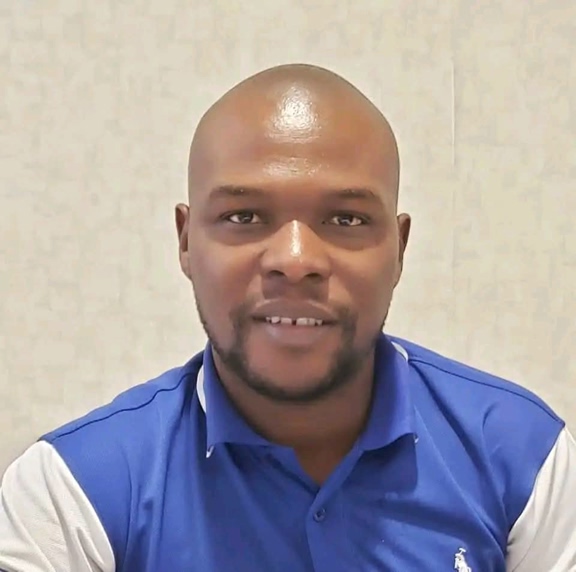NIGERIA: ICPC Calls For Tech-Driven Strategies In Fight Against Corruption During Meeting with IMF
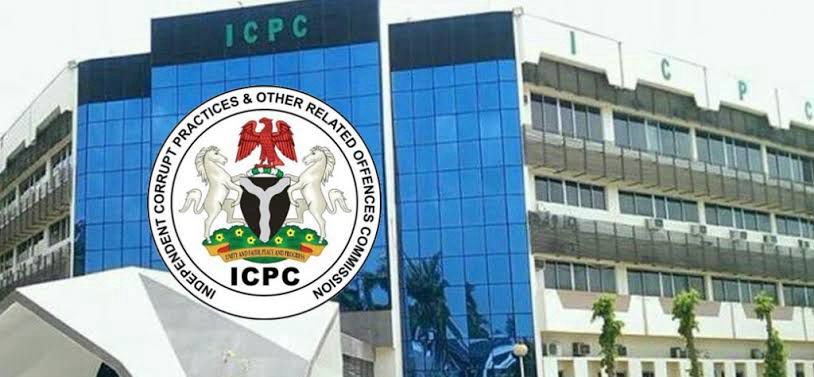
By Ameenat Hamzat, Lagos, Nigeria
The Independent Corrupt Practices and Other Related Offences Commission (ICPC), has called for more tactical and technology-driven approaches to tackle corruption in Nigeria, as financial crimes become increasingly complex.
This was revealed in a press statement signed by Demola Bakare, fsi, Director of Public Enlightenment and Education and spokesperson for the Commission, on Monday, April 14, 2025.
According to the statement, the call was made during a high-level meeting in Abuja between the ICPC and the International Monetary Fund (IMF) Article IV Consultation Team. The IMF delegation is in Nigeria at the invitation of the Federal Government as part of its annual economic and governance review.
Speaking during the engagement, the Secretary to the Commission, Mr. Clifford Okwudiri Oparaodu, DSSRS, reaffirmed ICPC’s commitment to combating corruption through “intelligence-led operations and inter-agency collaboration.”
In a presentation titled, Mr. Richard Bello, Deputy Director of the Commission’s Planning, Research, and Statistics Department, outlined the Commission’s recent efforts under the leadership of its Chairman, Dr. Musa Adamu Aliyu, SAN.
He stated: “Our intelligence-driven operations have successfully disrupted illicit financial flows and recovered significant public funds.”
He also noted the agency’s partnerships with other anti-corruption and financial crime agencies, including the EFCC, NFIU, CCB, and INTERPOL, to strengthen intelligence sharing and enforcement.
Bello further highlighted the Commission’s growing use of digital tools and data analytics in tracking cases and gathering evidence. However, he pointed out major challenges that hinder progress.
“High licensing fees for digital forensic tools are constraining the Commission’s capacity to scale investigations,” he said.
He added that the recent withdrawal of Cellebrite’s forensic services from Nigeria has “created significant operational gaps in digital investigations.”
Bello also identified delays in the Mutual Legal Assistance Treaty (MLAT) process and strict international conditions as major barriers to retrieving evidence in cross-border corruption cases.
The IMF team, led by Mr. Jonathan Pampolina, and joined by Ms. Nene Ikechukwu from the Federal Ministry of Finance, engaged with ICPC officials on Nigeria’s anti-corruption framework.
Discussions included the Commission’s Corruption Risk Assessment methodology and the legal reforms needed to strengthen governance.
Also in attendance were directors from key ICPC departments, including the Provost of the Commission’s training arm, the Anti-Corruption Academy of Nigeria (ACAN).
categories
recent posts

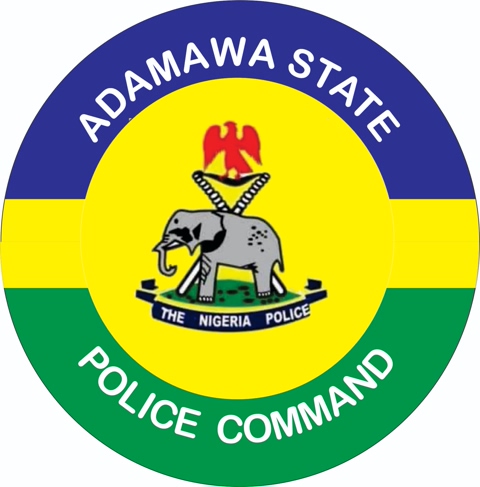
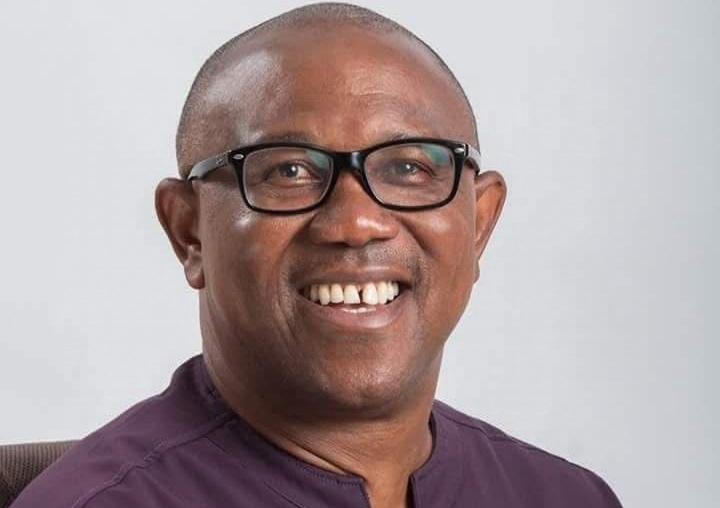
NIGERIA: Peter Obi Accuses Benue Gov Of Politicization Of Humanitarian Efforts
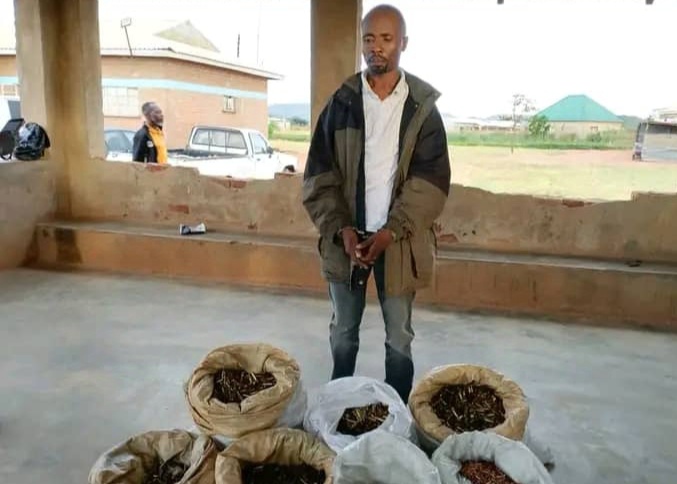
MALAWI: Man Arrested With Live Ammunition And Stolen Copper Wire In Mzimba
